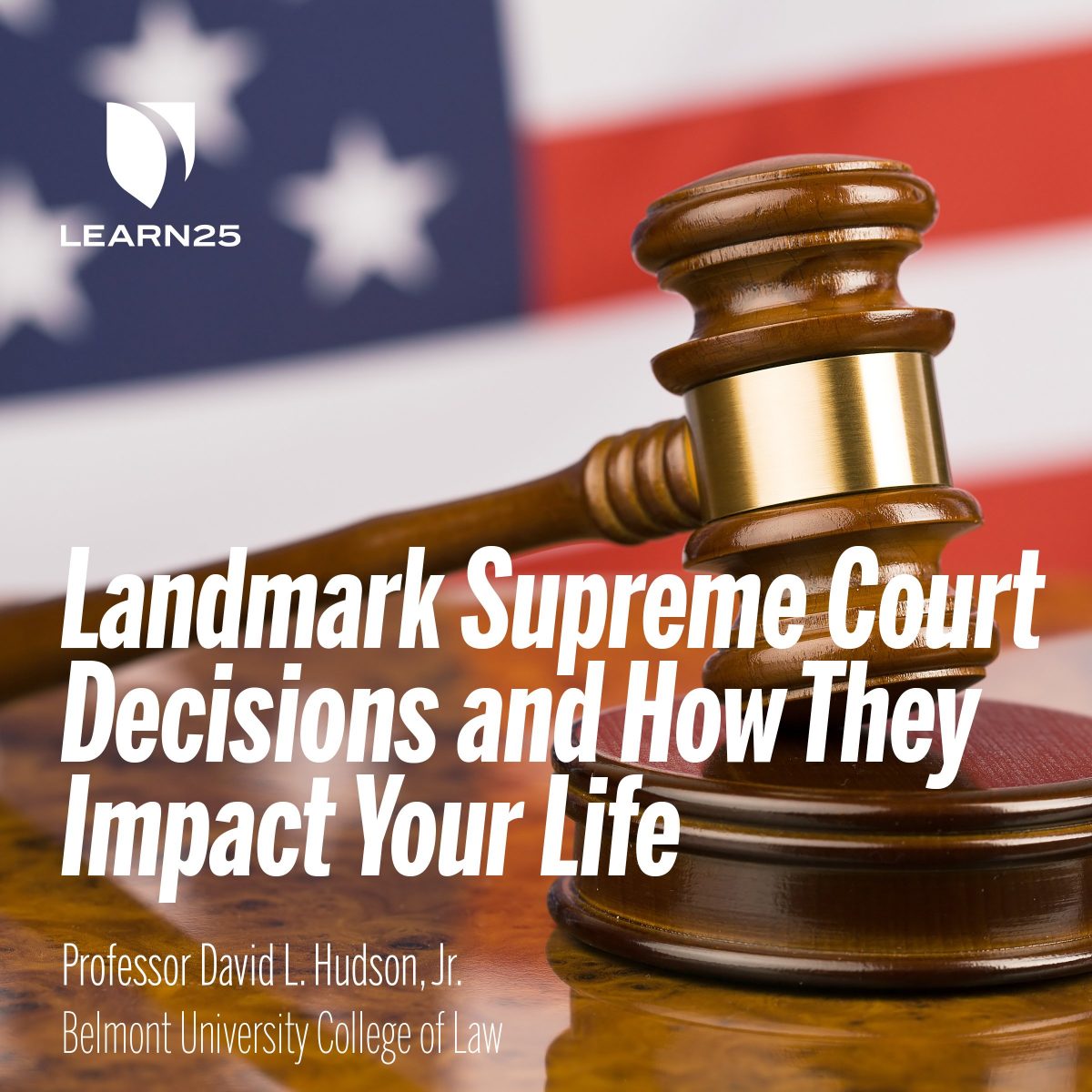
The Supreme Court reversed federal court rulings granting death-row prisoner Raymond Twyford’s request for a court order directing the prison to transport him to a hospital for neurological testing that could provide evidence to support his federal habeas corpus petition. granted: JanuArgued: ApDecided: June 21, 2022 As a result, the dissenters argued, the challenge would only be appropriately raised in federal habeas corpus proceedings.įor more information about the case, view the U.S. The dissenters argued that if Nance’s federal civil rights suit succeeded, Georgia corrections officials “will be powerless to carry out his sentence” without a change in state law. Justice Amy Coney Barrett, joined by Justices Clarence Thomas, Samuel Alito, and Neil Gorsuch, dissented. Precythe that death row prisoners could propose alternative methods not “presently authorized” under state law. Because of the differences in state laws governing executions, prisoners in different states with the exact same claim would have radically different avenues for federal review, and “the viability of the claim … would depend on the vagaries of state law.” Such an interpretation of the law would also undermine the Court’s pronouncement in the 2019 case Bucklew v. Justice Kagan also considered the results of consigning claims such as Nance’s to federal habeas petitions. According to Justice Kagan, “no one would think an action of that kind should go to habeas if the prison policy challenged (say, each facility’s maximum population) were specified in a statute or regulation.” She emphasized that “the ordinary and expected outcome of many a meritorious §1983 suit is to declare unenforceable (whether on its face or as applied) a state statute as currently written.” This would be true in a variety of cases brought by prisoners, ranging from claims of prison overcrowding to challenges to a state’s exclusion of spiritual adviser from the execution chamber. Justice Kagan noted that successful federal civil rights lawsuits often require changes in state law, and lawsuits brought by prisoners are no exception. Assuming it wants to carry out the death sentence, the State can enact legislation approving what a court has found to be a fairly easy-to-employ method of execution.” Justice Kagan found that if Nance’s proposal requires a state law change, the “requested relief still places his execution in Georgia’s control.

Justice Kagan reviewed the Court’s recent precedent that requires prisoners to make a showing of the feasibility of the proposed alternative method. In a majority opinion written by Justice Elena Kagan, the Supreme Court rejected the Eleventh Circuit’s interpretation of the law. Court of Appeals for the Sixth Circuit holding that an execution-method challenge must be brought via a civil rights suit, even where a prisoner asserts that all methods of execution authorized under state law are unconstitutional.

The decision created a split among the circuit courts, with the Eleventh Circuit saying that prisoners who offer an alternative execution method that is not authorized by state law must file their execution challenge via a habeas corpus petition and the U.S. The court held both that Nance had been required to raise his claim via a habeas corpus petition and that the claim was not entitled to review under the rules applying to successive petitions. The Eleventh Circuit ruled that because Georgia did not authorize execution by firing squad, his challenge to lethal injection was effectively an attack on whether he could be executed at all. Supreme Court caselaw requiring prisoners to offer an alternative method for their own execution before courts will evaluate the constitutionality of the state’s chosen method, Nance proposed that he be executed by firing squad. Nance filed a civil rights suit seeking to enjoin his execution by lethal injection, alleging that Georgia’s execution process would be “torturous” and would constitute cruel and unusual punishment in violation of the Eighth Amendment. Because of medical conditions that have compromised his veins, prison authorities told Nance that the execution team would have to “cut his neck” to establish an intravenous execution line. Georgia law specifies that prisoners will be executed only by lethal injection. In a 5-4 decision, the Supreme Court overturned the dismissal of death-row prisoner Michael Nance’s lawsuit regarding Georgia’s use of lethal injection to execute him.

granted: JanuArgument: ApDecided: June 23, 2022


 0 kommentar(er)
0 kommentar(er)
